Child Marriage:
The Future of Young Girls in Third World Nations
Child marriage strips away fundamental rights of the children involved. “Rights undermined or lost by children forced to marry early are: The right to an education. The right to be protected from physical and mental violence... The right to the enjoyment of the highest attainable standard of health. The right to rest and leisure, and to participate freely in cultural life. The right to not be separated from parents against the child's will. The right to protection against all forms of exploitation affecting any aspect of the child’s welfare. The right to eventual employment” (Child Marriages). All of these rights that we take for granted are considered unattainable dreams to the victims of child marriage.
The life of a young girl trapped in a child marriage can never be fully understood. Those with the right of choice and liberty can’t completely comprehend the pain, stress, violence, and the overall nightmare of being a child bride. We can only listen to the stories of the girls who lived through it. The following, provided by ‘Child Marriages: Facts, Causes, and Consequences,’ is a truthful testimonial from a woman who was a child bride:
I was married to a nine-year-old boy when I was three. At that point of time, I was unaware of marriages. I don't even remember my marriage event. I just remember that as I was too young, and was unable to walk, they had to carry me and bring me over to their place. Getting married at an early age, I was destined to suffer a lot of hardships. I had to carry water in a small clay-pot in the mornings. I had to sweep and swap the floor everyday.
Those were the days when I wanted to eat good food and wear pretty clothes. I used to feel very hungry, but I had to be satisfied with the amount of food that I was provided. I never got to eat enough. I sometimes secretly ate corns, soybeans, etc. that used to grow in the field. And if I was caught eating, my in-laws and husband would beat me up accusing me of stealing from the field and eating. Sometimes the villagers used to give me food and if my husband and in-laws found out, they used to beat me up accusing me of stealing food from the house. They used to give me one black blouse and a cotton sari1 torn into two pieces. I had to wear these for two years.
Never did I get other accessories like petticoats, belts etc. When my saris got torn, I used to patch them up and continue wearing them. My husband married three times after me. At present, he lives with his youngest wife. Since I married at an early age, early child-delivery was inevitable. As a result, I now have severe back problems. I used to weep a lot and consequently, I faced problems with my eyes and had to undergo an eye operation. I often think that if I had the power to think like I do now, I would never go to that house.
I also wish I had not given birth to any children. Retrospective sufferings make me wish not to see my husband again. Nevertheless, I do not want him to die because I don't want to lose my marital status.
Girls Not Brides, a dedicated organization, has developed a unique perspective and plan for ending child marriage permanently throughout the world. Called the Theory of Change, their plan is four-fold: empowering the young girls in child marriages or at risk of becoming a child bride, engaging families and communities to change this tragic tradition, providing services and protecting the girls, and lastly, implementing effective and rigid laws against child marriage. Girls Not Brides suggests many ways for people to get involved, from donating to volunteering, but mainly they suggest raising your voice against child marriage.
If you ask anyone, most likely they’d be adamant about how horrible child marriage is. “That’s terrible,” they’ll probably say, before falling silent or changing the subject. Child marriage is not a topic people are comfortable with for obvious reasons, but being quiet about this issue won’t resolve anything. Raise your voice loud against child marriage because those girls need much more than politically correct silence.
 10 Shockingly Profitable and Illegal World Trades
10 Shockingly Profitable and Illegal World Trades
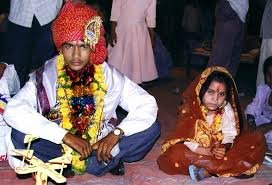
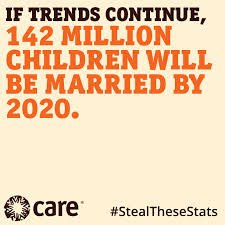
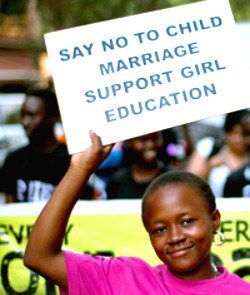
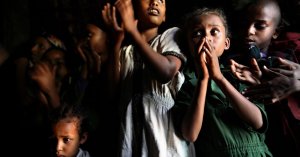
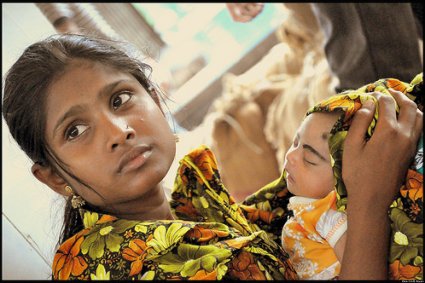
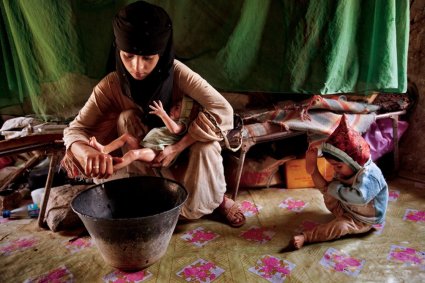
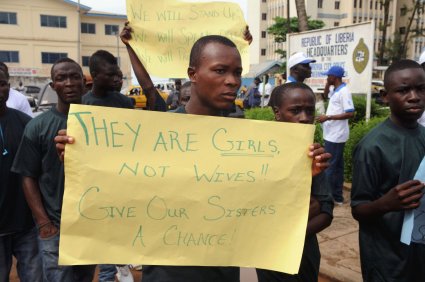
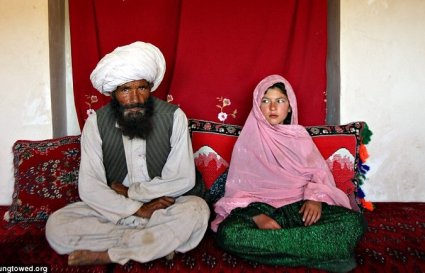
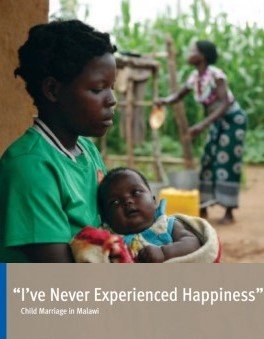
 writer714
writer714